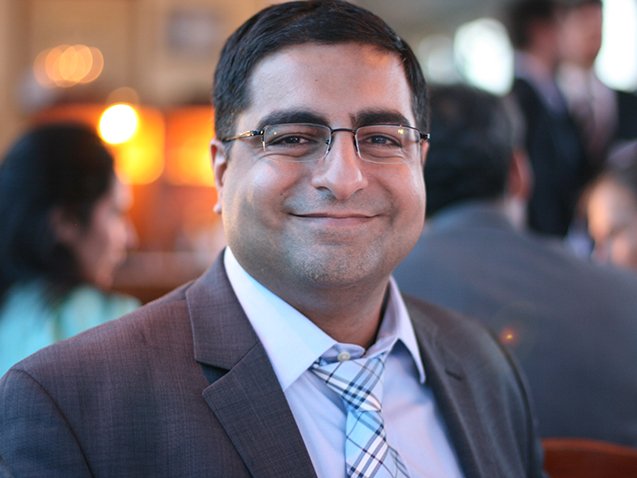Interviews
Being interviewed is a distinct form of public scholarship, different from public writing and social media. With a little practice, you may find that it can be a rewarding way to have impact with a relatively low investment of time. We’ll walk you through different types of interview requests and how to evaluate them, provide some strategies for interview preparation; and give you practical tips to make the most out of any interview, no matter what the medium.
objectives
Evaluate different types of interview requests
Prepare for live and recorded interviews
Develop your core message
Practice your “camera-ready” presentation
Ways To Learn
We’ve designed this training curriculum so you can get the entire content of a lesson just by listening to that lesson’s podcast episode on the audio player below. You can listen all at once, or click on the “list” icon to use chapter markers to navigate to a specific part of the conversation.
If you prefer a multimedia approach to learning, you can watch a slideshow version of this content.
You’re also welcome to simply read through the transcript for this episode.
However you choose to learn, we encourage you to pause and reflect when prompted to do so, and to take notes to share with your fellow trainees, if and as that’s possible for you.
And don’t forget to check the top of this page for essential resources, and the bottom of the page for additional resources.
Listen & Learn
Guest voices
Dr. Megan Goodwin
Founding Program Director, Sacred Writes
@mpgPhD
Dr. hussein rashid
islamicate, L3C
@islamoyankee
This lesson’s instructional podcast also includes previously recorded contributions from Dr. Hannah McGregor. Find audio and transcripts for her interview here.
Watch & Learn
Read & Learn
Script: Going Public, Episode 7: Interviews
Applied Learning: Record a Short Interview
This exercise encourages you to develop your skills as an interviewee. You’ll record a 3-5 minute audio interview on your phone or computer (consider using the free online podcasting platform, Zencastr). You can recruit someone to ask you 5-7 questions. Colleagues, roommates, or even kids, would all work well. But it is also fine to complete this exercise by yourself.
Prepare for your interview by reviewing the material on core messaging: what topic would you like to cover, who is your intended audience, and what goal would you like to set?
Set 3 content goals (for example, ‘make sure to mention X historical event or Y key finding’) and 3 style goals (for example: ‘avoid verbal tics like ‘um’, speak slowly, pause after an important statement’) for your interview. Write all your goals down.
If you have recruited someone else to help, develop the questions you’ll address in your interview together. If you are recording alone, come up with some key talking points.
Then record the interview on your phone or computer. 5 minutes tops!
Download and review the audio once you’ve completed the interview. Self-assess based on your 3 content and 3 style goals. Would you revise any of these goals for your next interview?
Discussion prompts
When you meet with your colleagues, we encourage you to discuss the following questions:
What criteria would you use to decide whether to accept or reject an interview request?
Which of your strengths translate well to the interview process? How can you be yourself?
What is a “central learning objective” from your work that might make a good core message? How can you articulate it as a problem, significance, and solution?
What kind of “bad questions” do you anticipate, and how might you pivot them back to your core message?
Additional Resources
Keyword glossary
“How to Talk to Journalists: Best Practices for Academics,” The Bulletin of Technology and Public Life, Oct. 10, 2023
Example of Hannah McGregor as interviewer: Secret Feminist Agenda, “Living a Feminist Life with Sara Ahmed” (3 May 2019)
Example of Megan Goodwin as interviewee: Straight White American Jesus, “White Feminine Innocence, the Body Politic, and Contraceptive Nationalism” (July 2021)



